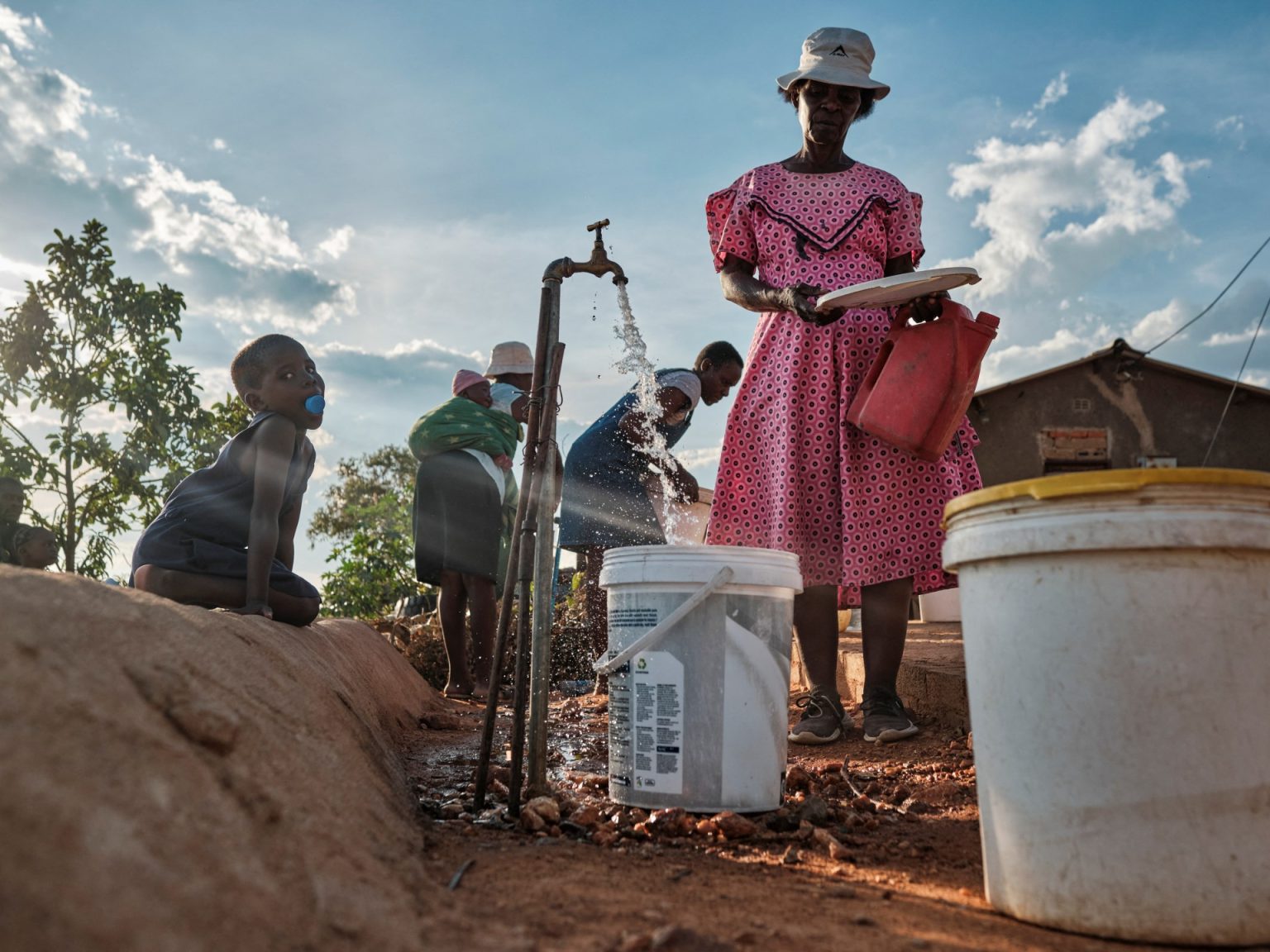The Southern African Development Community (SADC) has warned that tens of millions of people in Southern Africa are suffering from the effects of a drought induced by El Nino. The region is experiencing a drop in crop and livestock production, leading to food shortages in countries such as Zimbabwe, Malawi, and Zambia. 17 percent of the region’s population, amounting to 68 million people, are in need of assistance due to the effects of the drought. The late onset of rains in the 2024 rainy season has exacerbated the situation, causing negative effects of the El Nino phenomenon.
The heads of state of the 16-nation SADC met in Zimbabwe’s capital of Harare to discuss regional issues, including food security. With crops dying and a lack of rainfall, the leaders are likely discussing how to provide more funding and food aid to the affected countries. The United Nations World Food Programme highlighted the dire effects of the drought, particularly on communities already vulnerable to food shortages. Rural communities in the region are extremely worried about their future and have never seen anything like this before.
Southern Africa experienced its driest February in 100 years, receiving only 20 percent of the usual rainfall. Temperatures were also several degrees above average, contributing to the severe drought conditions. UN Secretary-General Antonio Guterres emphasized that extreme heat fueled by the climate crisis was causing significant damage, widening inequalities, and undermining sustainable development goals. He pointed out that the climate crisis, driven by human-induced climate change, is leading to increasingly extreme weather patterns that are impacting economies and taking lives.
Experts have warned that as the effects of climate change intensify, weather patterns are becoming more extreme worldwide, with droughts, hurricanes, floods, and wildfires affecting many regions. The impacts of the climate crisis are evident in Southern Africa, where the El Nino-induced drought is causing widespread suffering and food insecurity. The region is in urgent need of assistance and increased funding to address the effects of the drought and ensure food security for millions of people facing hunger and malnutrition.
The SADC’s executive secretary, Elias Magosi, emphasized the challenges faced by the region due to the El Nino phenomenon and the late onset of rains. The situation has led to a significant decrease in crop and livestock production, exacerbating food shortages in countries across Southern Africa. The heads of state of the SADC member countries are working to address the crisis and provide support to affected communities. With millions of people in need of assistance, efforts to secure funding and food aid are crucial to mitigating the impact of the drought and ensuring food security for vulnerable populations in the region.
In response to the escalating crisis, the UN and other international organizations are working to provide assistance and support to the affected countries. Reena Ghelani, the UN climate crisis coordinator for the El Nino response, highlighted the extreme worry and concern among rural communities in Southern Africa. The region is facing unprecedented challenges due to the severe drought, with communities struggling to cope with the lack of water and resources. As climate change continues to drive extreme weather events around the world, the need for coordinated action to address the impacts of the crisis in Southern Africa and beyond is urgent.












